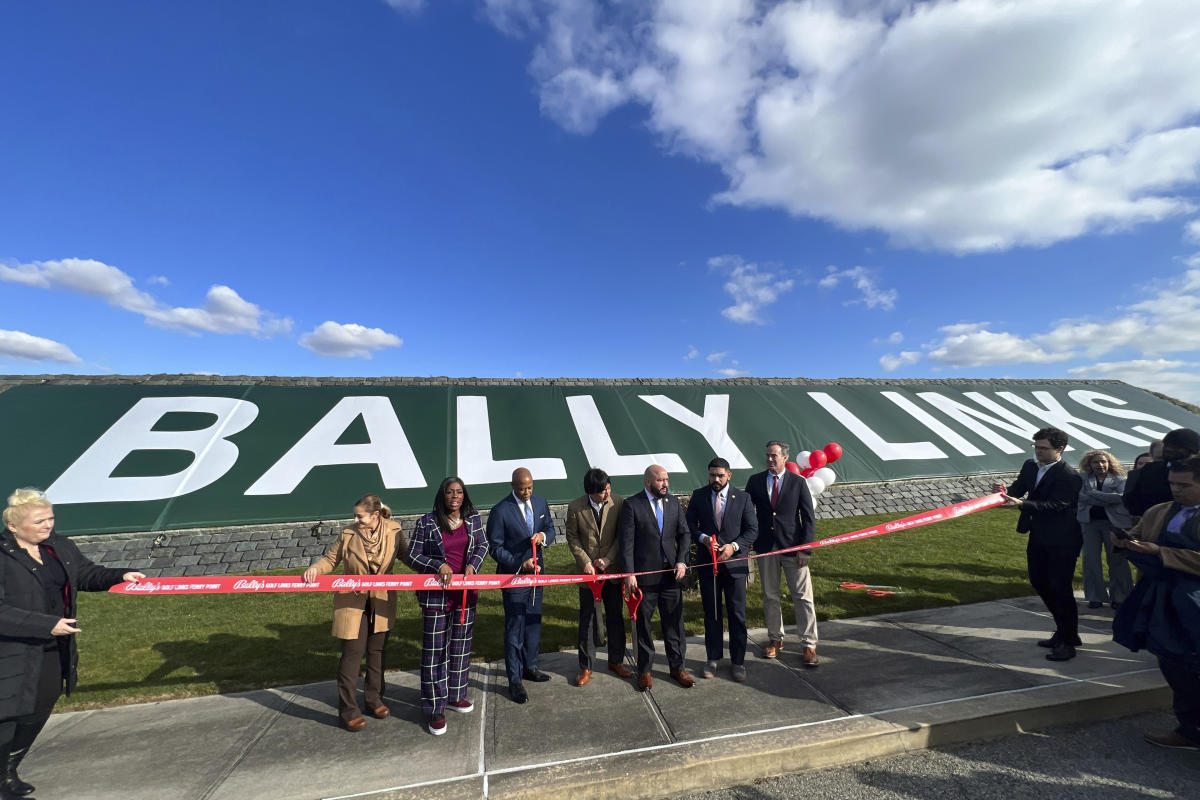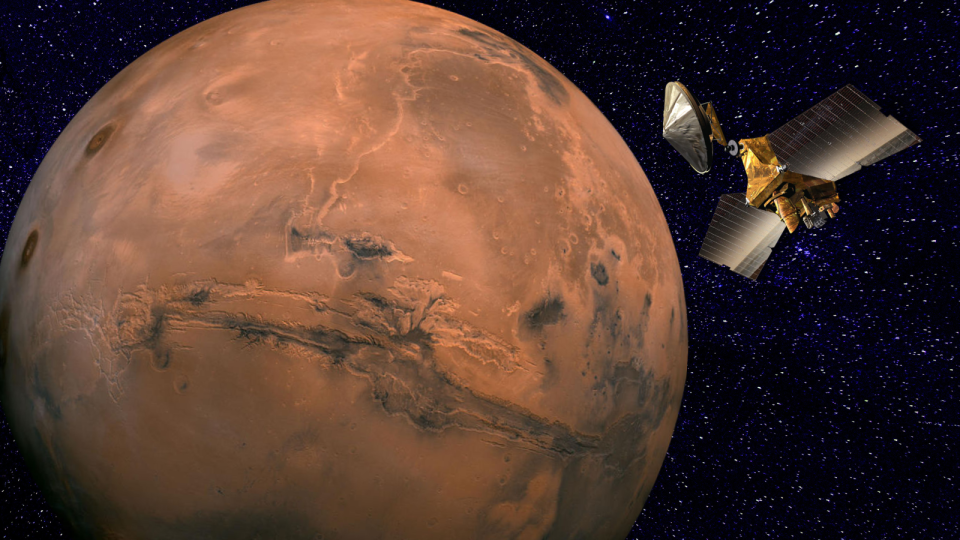Most Treasure Valley residents know about Jacksons Food Stores, the chain of convenience stores where you can buy a candy bar or a six-pack after gassing up your car. Until Wednesday night, far fewer knew about the Jackson Jet Center, which is owned by the same local family.
The frame of a metal building being constructed next to the center collapsed Wednesday, killing three people and injuring nine more, five critically, authorities said. Suddenly, eyes all over the Valley turned to coverage of the shocking news at the Boise Airport. Suddenly, the Jackson Jet Center was the center of attention.
The family owners were mum Wednesday and Thursday, declining to answer questions and issuing only a brief news release expressing sadness over the tragedy and gratitude for emergency responders.
Here are answers to four key questions about the company.
1. What is the Jackson Jet Center?
It is what’s known in aviation as a fixed-base operator, or FBO. Fixed-base operators are businesses licensed by an airport to provide services to small, mostly privately owned planes or jets — a sector known as general aviation. General aviation accounted for 4,338 flights in December, the airport reported — a 38% increase from December 2022, though year-to-date operations were up just 1%.
The Boise Airport has two other fixed-based operators competing with Jackson: Western Aircraft and Turbo Air.
The number of Jackson Jet Center employees was not immediately known. It had 65 employees in 2015, according to a news release then.
The center’s address is 3815 Rickenbacker St. The center is easily visible to passersby on Interstate 84 just north of the airport.
2. What exactly does Jackson Jet Center do?
Most of its business falls into either of two buckets: aircraft services and charter flights.
Aircraft services: That 2015 news release described Jackson Jet Center as having “a state-of-the art private terminal and hangar on the field at the Boise Airport” that offers “private jet and turboprop charter, professional aircraft management, full concierge services, 110,000 square feet of hangar storage, FAA repair station maintenance, and aircraft sales.” The release boasted: “JJC is the first and only FBO in the Northwest certified by the prestigious Air Elite Global Network.”
The center has a private terminal for jet passengers with a 9,400-square-foot lobby. In 2015, the Sun Valley Air Club called the center “a world-class facility.”
Charter flights: Want to fly, say, to Sun Valley? You can take your pick from six aircraft. You can charter a five- or seven-seat Citation CE 525B “light jet” for $2,750 an hour; a four-seat Mustang CE-510 “very light” jet for $2,050 an hour; or a slower, nine-seat Pilatus PC-12-47 turboprop for $1,431 an hour, according to AirCharter Guide.
Jackson also has a turboprop in Coeur d’Alene ($1,515 per hour).
3. Who owns Jackson Jet Center?
The center is part of the Meridian-based business empire for the Jackson family that includes the jet center, Jacksons Food Stores, Jackson Energy (formerly Jackson Oil Co.) and Capitol Distributing. Jackson Energy trucks gasoline to filling stations. Capitol Distributing delivers wholesale groceries to retailers.
John D. Jackson is the companies’ patriarch. His wife, Bonnie, and children Cory and Jeff have played key roles in the businesses. Jeff Jackson is president of Jackson Jet Center.
Jackson Jet Center is what’s called an assumed business name. The actual name of the business is Conyan Aviation Inc., a company founded in 1981 by a small group of Boise business luminaries, including Micron Technology Inc. co-founder Joe Parkinson. John Jackson later acquired it.
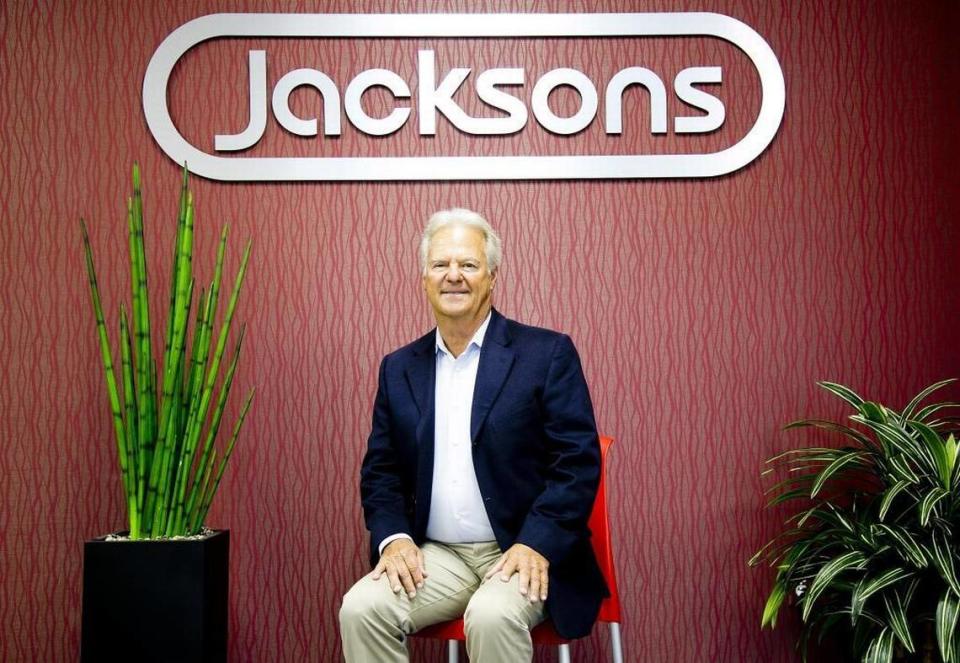
4. What was the building whose frame collapsed supposed to be?
An additional hangar for aircraft. The center already has four buildings connected to one another like train cars. This building would have been a stand-alone hangar.
“These hangars are necessary for continued Jackson Jet operations following the Boise Airport requiring Jackson Jet to vacate their existing hangars in order to accommodate planned airport parking facilities,” according to an application to the city from Boise architecture firm Glancey, Rockwell and Associates, which prepared design drawings of the hangar.
The 45½-foot-tall hangar was projected to cost about $6.2 million, according to a filing with the city. Plans called for vertical metal siding and a blue accent strip along the top portion of the building.
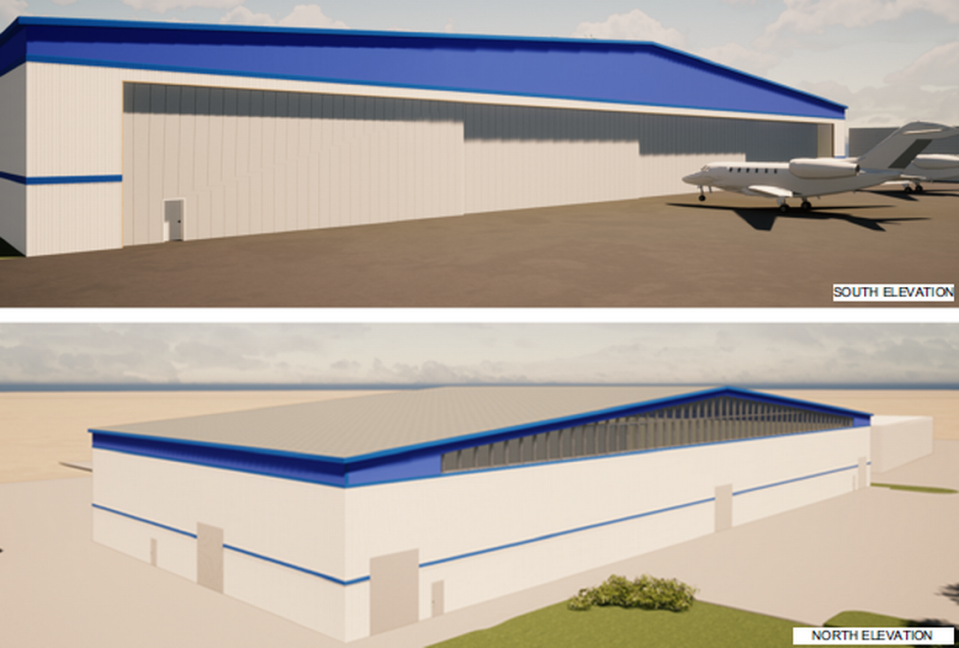
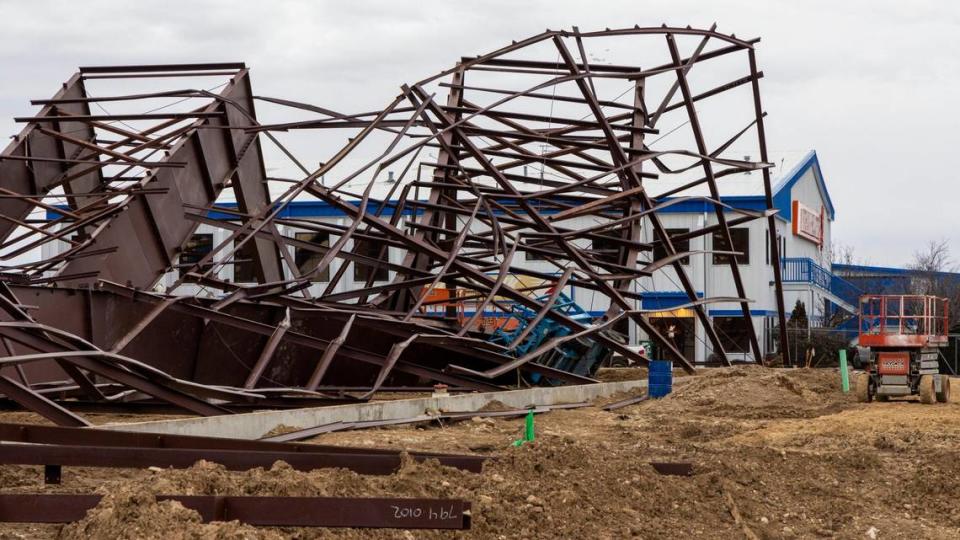
Boise airfares spike as airport prepares for new flights after record-breaking year
Idaho saw another record-setting year of weird, dangerous items seized at airports in 2023
Boise businessman sought pyrotechnic permit for Gowen Thunder. City’s reply stunned him
Are more planes flying over Boise? Not quite, but they sound louder. Science explains why
Signup bonus from

